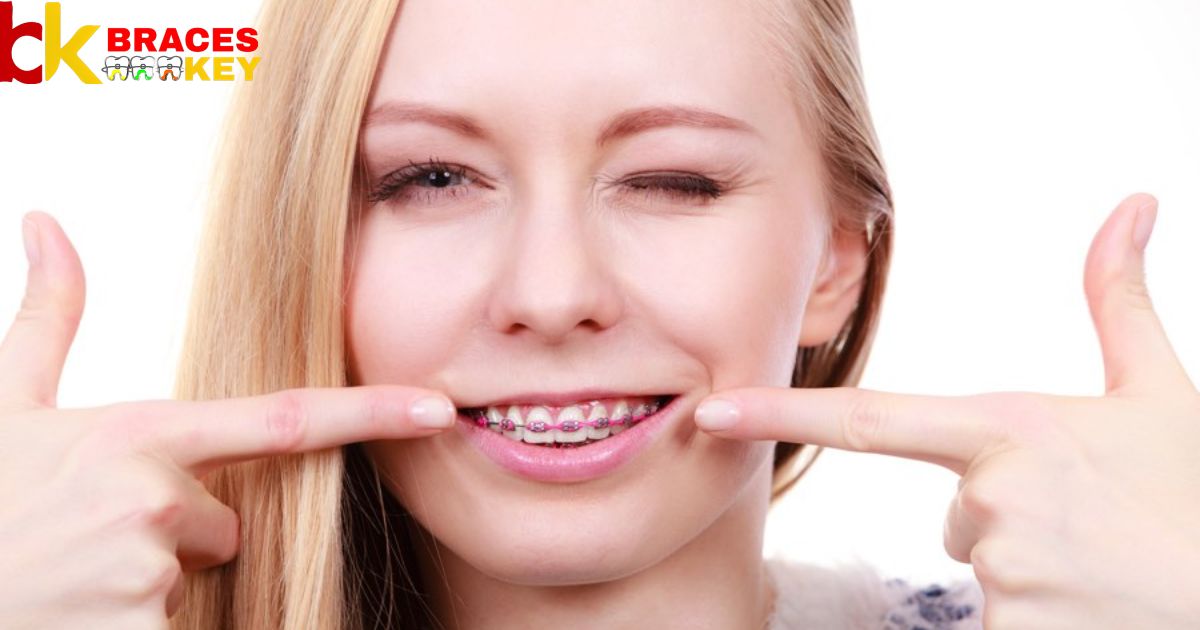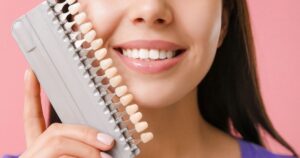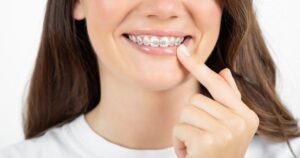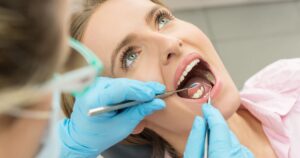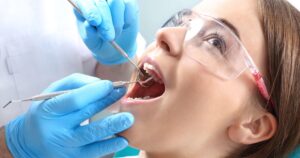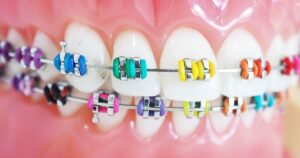Deciding on braces at 12 is ideal as it aligns with dental development, aiding in effective correction. At this age, jaw growth is active, making orthodontic adjustments more efficient. Ultimately, timely intervention fosters a straighter smile and promotes oral health in the long run.
Is 12 the magic number for braces? Delving into the debate swirling around the ideal age for braces, uncovering whether this milestone age truly sets the stage for a perfect smile. Let’s navigate the dental landscape to unveil the truth behind the suitability of braces at this pivotal age.
Deciding on braces at 12 can be a timely choice as it aligns with the natural growth of teeth. While opinions vary, this age often strikes a balance between effective treatment and adaptability to braces. A consultation with an orthodontist is key, ensuring personalized guidance for a smile’s optimal alignment.
Age For Get Braces
The optimal age for getting braces varies, falling between 9 to 14 years old. At this stage, most children have a mix of adult and baby teeth, making it an opportune time for orthodontic treatment. Individual cases may differ based on the specific dental needs and growth patterns of each child. Wondering about How to Remove Glue from Teeth after Braces at Home? Get insights for a smooth transition post-treatment.
While early intervention around 7 years old may be necessary for certain issues, waiting until the majority of adult teeth have emerged could lead to more effective orthodontic treatments. Ultimately, the decision on when to get braces should be made in consultation with an orthodontist, who can assess the individual’s dental development and recommend the most suitable timing for treatment.
Age Limit Braces
Braces aren’t limited by age; they’re effective at aligning teeth regardless of how old you are. Whether you’re in your teens or an adult, braces can still work wonders in fixing misalignments and improving your smile. Many adults opt for braces to enhance dental health and achieve a confident, straighter smile.
Age For Free Braces
The age for free braces often varies based on regional healthcare policies. In some places, children may qualify for free orthodontic treatment through government programs up to a certain age, before they reach their teenage years. However, these provisions can differ widely, so it’s essential to check with local health authorities or insurance providers for specific eligibility criteria.
Braces Age
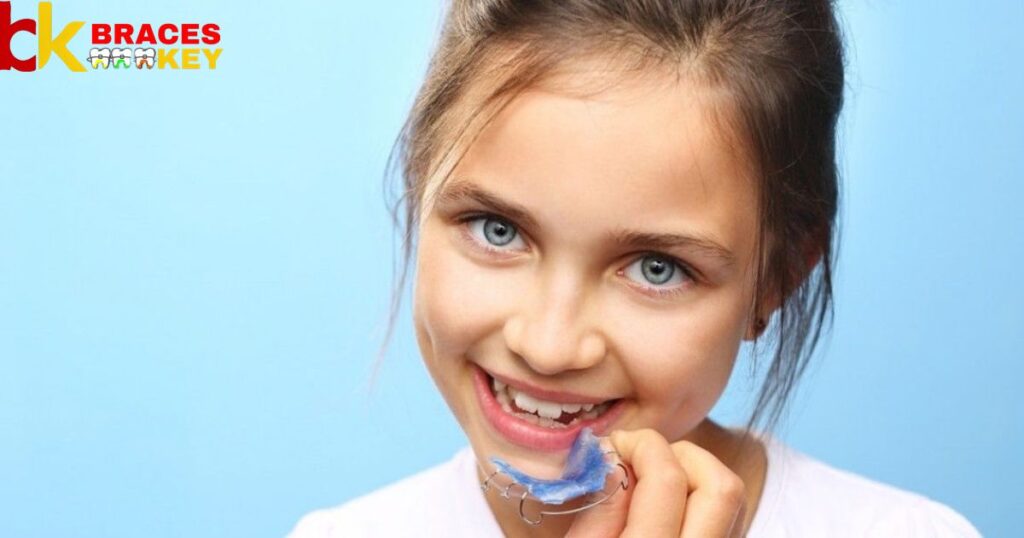
The age for braces is like a tailored suit—no one-size-fits-all. While some might sport braces in their early teens, others embrace them later in life. The ideal age often hinges on dental needs rather than a specific number. It’s a journey where orthodontists act as guides, recommending the best time to embark on this smile-altering adventure.
Braces don’t discriminate based on age; they simply aim to straighten misaligned teeth. From adolescence to adulthood, the decision to wear braces can arise at any phase of life. Society’s perspective on braces has shifted, with adults increasingly opting for orthodontic treatment, debunking the myth that braces are only for the young. The right age for braces becomes a personal timeline toward a confident smile.
Average Age To get Braces Off
The average age for getting braces off falls between 12 to 15 years old, but it can vary widely based on individual cases. Factors like treatment complexity and compliance with wearing braces impact the duration. Some may have their braces removed earlier, around 9 to 14 months, while others might require longer treatment, extending to two or more years.
This isn’t a fixed range, as each person’s orthodontic journey differs. Some might see their braces off before their teenage years, while others might have them until their late teens or early twenties. The decision on when to remove braces depends on the orthodontist’s assessment of the teeth’s alignment and the desired outcomes of the treatment.
Kids Get Braces So eEarly
Kids often start wearing braces early to correct their teeth alignment. It’s a common practice to ensure better oral health and a confident smile later on. Sometimes, managing braces as a child involves avoiding certain foods like vinegar chips that might stick or damage the braces, making the journey to straighter teeth a bit easier.
Choosing braces at a young age is proactive, aiming to fix dental issues before they become more complex. Vinegar chips, while tasty, can pose challenges with braces due to their acidity and texture. Hence, it’s a part of the necessary care routine to skip certain foods to ensure the effectiveness of the braces treatment.
Worst Age to Get Braces
Getting braces during early adolescence, around 12 or 13, might seem like the toughest time. It’s an age of self-consciousness, where fitting in is crucial. The braces can feel like an extra spotlight, making some teens feel awkward in social settings. It’s a time when appearance and peer acceptance weigh heavily, and the added metal might amplify self-consciousness.
On the other hand, some might argue that the late teens, around 17 or 18, can be equally challenging. High school graduation, prom, and other significant events loom large, and having braces might feel like an unwanted addition to those memories. Plus, at this age, many are exploring independence, and the responsibility of braces’ care might clash with newfound freedom.
Best Age To Get Braces
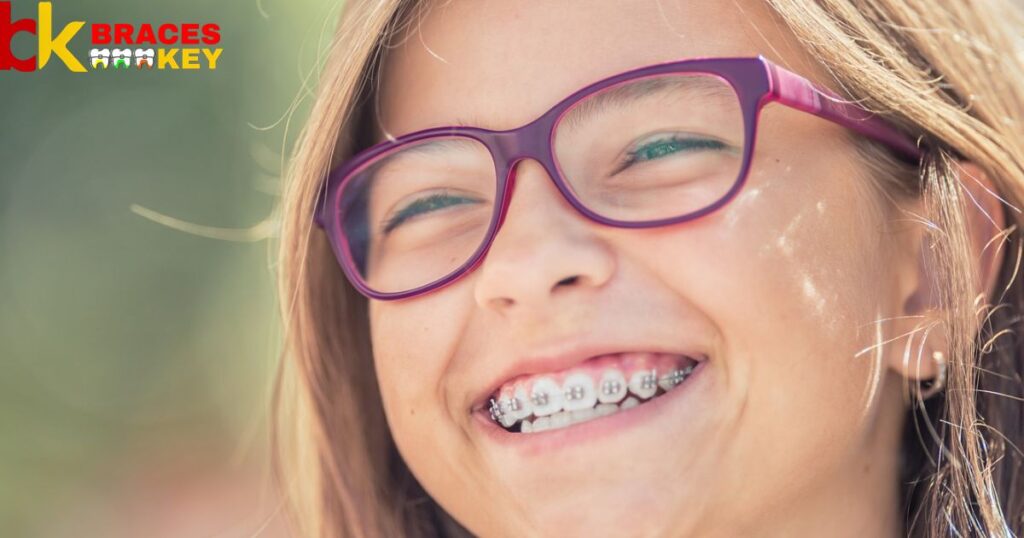
Determining the best age to get braces hinges on various factors. Orthodontists recommend evaluating a child’s orthodontic needs around 7 years old. The ideal time for braces often depends on individual dental development. For some, adolescence may be more suitable as it allows for growth spurts that aid in treatment. Consulting an orthodontist is crucial to pinpoint the most opportune time for braces.
Deciding on the prime age for braces involves considering dental complexities unique to each individual. While some might benefit from early intervention around 7 to 9 years old, others may require treatment during their teenage years when most permanent teeth have emerged. The best age for braces often aligns with the dental issues present and the stage of dental development, emphasizing the importance.
I Put Braces At The Age Of 35
At 35, I embarked on a journey most reserved for their teenage years – braces. The decision felt peculiar yet liberating, like stepping into a new phase of self-care. It was a dance between embracing change and confronting the unease of adulthood with a mouthful of metal. Unconventional, it whispered promises of a better smile and a subtler confidence.
Entering the realm of orthodontia at 35 was a twist in my life’s narrative, a late bloomer in the world of braces. Yet, it brought a sense of curiosity, a defiance against age-defined norms. The discomfort was a reminder of the pursuit of improvement, a daily commitment to a future, where a radiant grin awaited beyond the inconveniences of adult braces.
Get Braces Before And After
Getting braces can significantly transform your smile both before and after treatment. Before, misaligned teeth might affect your confidence, but braces can straighten and align them, enhancing your appearance. After treatment, the braces come off, revealing a beautifully aligned smile, boosting your self-assurance and leaving you beaming with newfound confidence.
Get Adult Braces Before And After
Embarking on an adult braces journey alters more than just smiles. Before, hesitation loomed large, masking the confidence to express freely. After, a newfound grin gleams, echoing a transformation beyond the dental chair, unveiling a confident, radiant persona.
FAQ’s
Is 12 too early for braces?
It’s recommended to consult an orthodontist, as the ideal timing for braces varies for each individual’s dental development.
Do braces hurt for 12 year olds?
Braces might cause discomfort for 12-year-olds initially as teeth adjust, but it’s a temporary phase leading to a beautiful smile.
Is 13 too old for braces?
There isn’t a strict age limit for braces, as each person’s dental needs vary, but 13 is still an ideal time for effective orthodontic treatment.
At what age are braces appropriate?
Braces are suitable when most of the adult teeth have come in, usually between the ages of 9 and 14, but timing can vary based on individual dental needs and growth.
Conclusion
Contemplating Is 12 A Good Age To Get Braces? warrants a thoughtful approach. Amidst favorable bone growth and dental concerns, individual readiness remains key. Consultation with an orthodontist is crucial, ensuring alignment between optimal timing and a healthy, confident smile at this pivotal age.
